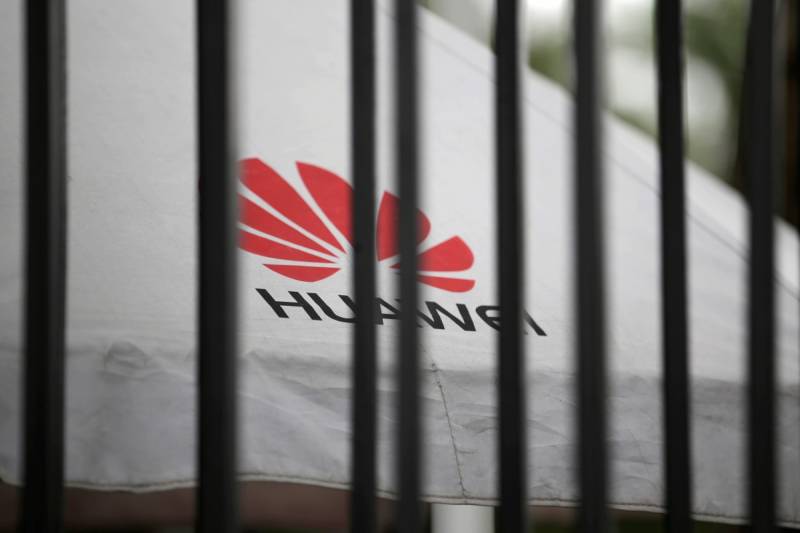As part of the ensuing trade war between the US and China, the US issued an executive order in May which authorized the Commerce Secretary to prevent US companies from trading with entities designated a threat to national security.
Chinese telecoms giant Huawei has said that it will lay off hundreds of workers in the United States, citing trade restrictions from the US government, as reported by The Wall Street Journal, citing sources familiar with the situation.
The Trump administration previously placed the firm on a blacklist, blocking it from making purchases from the US on the basis of alleged national security concerns, claiming that Huawei is subject to China's ruling Communist Party and could be used for spying.
According to the sources, Huawei plans to lay off employees at auxiliary research company Futurewei Technologies, which runs labs all over the country, with some workers already being notified of their redundancy.
Some Chinese workers at the facility will be allowed to relocate back to China, indicating a shift toward a more domestic focus.
There are no precise numbers on redundancies so far or any official statement from the company.
In response to the US restricting Huawei from certain infrastructure and software that it needs for its products through the US blacklist, China has placed US companies on its own “unreliable entities” list.
The list will target entities which “block or cut supplies to Chinese firms for non-commercial reasons,” according to Mofcom spokesperson Gao Feng.
While the meeting between President Trump and Chinese President Xi Jinping saw the potential for a loosening of restrictions on Huawei, Huawei Chairman Liang Hua said that the tech giant was still waiting to see any benefit from Trump's pledge last month to grant US corporations permission to sell some components to the company.
The news from Huawei comes as Trump is under increasing pressure from US workers who are increasingly discontented with the fall-out from the trade war. The erection of tariffs between the two countries has led to significant instability for soy bean farmers, many of whom live and work in regions which voted for Donald Trump, potentially putting pressure on his electoral chances in 2020.






